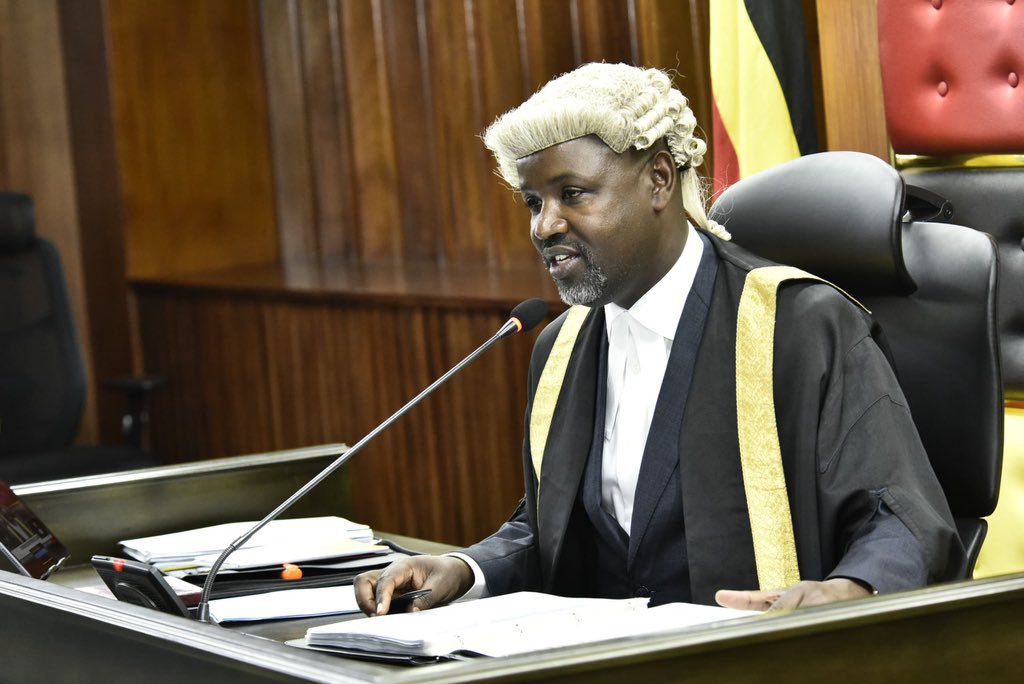World Bank invests $80.8m to improve higher education
The facility is made possible under the $729 million Africa Higher Education Centres of Excellence (ACE) project and benefits tertiary schools in participating governments in Africa.
It was disbursed to support the universities that applied to seek funding to specialise in science, technology, engineering and mathematics (STEM); environment; agriculture; applied social science, education and health.
The beneficiary institutions are the University of Ghana (UG), the University for Development Studies (UDS), the Kwame Nkrumah University of Science and Technology (KNUST), the University of Energy and Natural Resources (UENR) and the University of Cape Coast (UCC).
The participating countries include Ghana, The Gambia, Nigeria, Senegal, Togo, Benin, Burkina Faso and Cameroun.
The rest are Côte d’Ivoire, Ethiopia, Kenya, Malawi, Mozambique, Rwanda, Tanzania, Uganda and Zambia.
With a responsibility to provide administrative and technical support, the Association of African Universities (AAU) served as a regional facilitating unit for the project.
The project, which has benefited nearly 100,000 students in Africa in the last 10 years, is expected to end this year.
In an interview with the Daily Graphic last Friday after a press soiree in Accra as part of ACE’s 10th anniversary celebration, the Programme Manager in charge of ACE Impact at the AAU, Dr Sylvia Chindime Mkandawire, said the project was the first regional large-scale initiative funded by the World Bank since 2024.
She said the universities, representing 80 centres, were selected through competitive processes in about 20 African countries, including Ghana.
“So far, Ghana has nine centres in the University of Ghana (UG), the UDS, KNUST, the UENR and the UCC.
“The total investment made by the World Bank is over $729 million and Ghana alone received $80.8 million.
The funds were released in two phases where the country participated,” she said.
She explained that the credit facility, which was made possible through governments of the participating countries, would be paid back to the World Bank.
Dr Mkandawire stated that the funds secured were used by the universities to improve infrastructure for teaching and learning, as well as to train students at the Master of Science (MSc) and Doctor of Philosophy (PhD) levels.
“Each of the centres received over $6 million for five years. At least 25 per cent of the funds received by the centres were used to build state-of-the-art infrastructure with equipment, laboratories and hostels to aid teaching and learning.
“Within the same funds, we connected industries to the universities through internship programmes, commercialisation of research and investment in professional skills for staff and faculty to build capacities,” she said.
The programmes manager stated that the fund was successfully used to improve the quality, quantity and development impact of postgraduate education in selected universities through regional specialisation and collaboration.
She said the project helped support about 20 countries to promote regional specialisation among participating universities in thematic areas that address regional challenges and strengthen the capacities of these universities to deliver quality training and applied research.
She said the project has far exceeded its targets of improving higher education in Africa.
“We have been consolidating the gains for the past 10 years.
And so at the 10th anniversary celebration, partners, stakeholders and private sector players will convene to continue the project after the exit of ACE,” she added.






